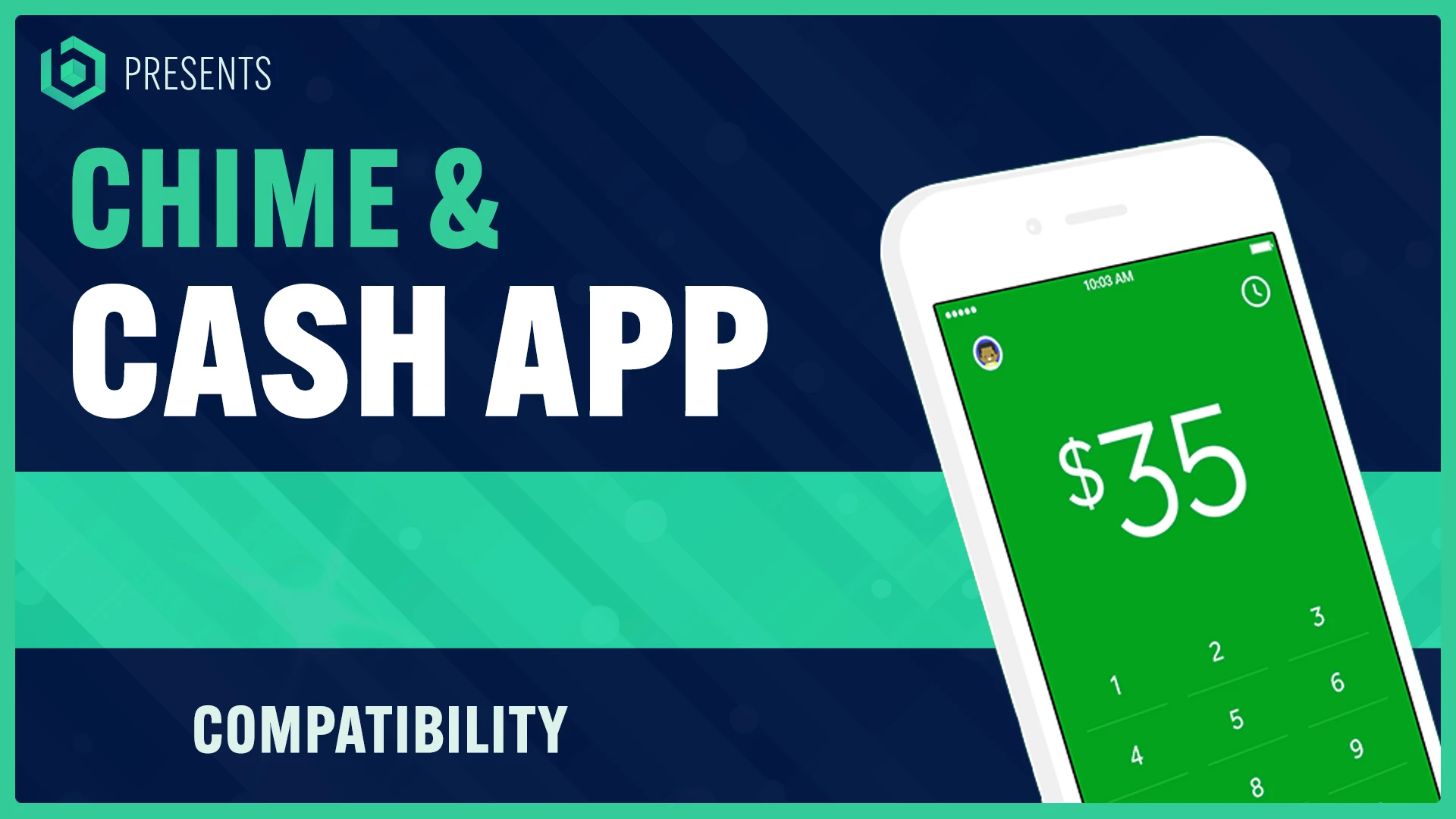In the fast-paced digital age we live in, managing our finances has never been easier thanks to a plethora of mobile apps at our fingertips. Two popular contenders in the world of mobile finance are Chime and Cash App. Both offer convenient ways to handle your money, but they each come with their own unique features and functionalities. Whether you’re looking to streamline your banking, send money to friends, or even invest in cryptocurrencies, these two apps have a lot to offer.
From their user interfaces and fee structures to their security measures and additional features, we’ll break down the strengths and weaknesses of each app. By the end of this article, you’ll have a clearer understanding of whether Chime or Cash App aligns more closely with your financial goals and preferences. So, let’s dive in and explore the world of mobile finance with Chime and Cash App!
Is Chime compatible with Cash App?

As of my last knowledge update in September 2021, Chime and Cash App are separate financial apps, and they do not have built-in compatibility or integration with each other. They are distinct services offered by different companies with their own unique features and functionalities.
Chime primarily offers a no-fee mobile banking experience with features such as early direct deposit, a savings account, and a Chime Visa Debit Card. On the other hand, Cash App, developed by Square Inc., focuses on peer-to-peer payments, investing in stocks and Bitcoin, and Cash App Cash Card (a prepaid debit card).
While you cannot directly link your Chime account to Cash App or transfer funds between the two apps seamlessly, you can still use them independently for various financial tasks. If you need to transfer money between Chime and Cash App, you would typically have to withdraw the funds from one app to your linked bank account and then deposit them into the other app.
Keep in mind that app integrations and features may change over time, so it’s a good idea to check the latest updates and announcements from both Chime and Cash App to see if there have been any changes or new features related to compatibility.
What are Chime Bank’s drawbacks?

Limited Physical Presence: Chime is an online-only bank, which means it lacks physical branches. While this can be convenient for many users, it can be a drawback if you prefer in-person banking services or need access to physical locations for services like cash deposits.
No Cash Deposits: Chime does not support cash deposits, which can be inconvenient for individuals who frequently deal with cash transactions. You’ll need to find alternative methods, such as purchasing a money order or using a third-party service, to deposit cash into your Chime account.
ATM Fees: Although Chime provides access to a network of ATMs, it does not have its own ATMs. Using out-of-network ATMs may result in fees, which can add up if you regularly need to withdraw cash.
Limited Account Types: Chime primarily offers a spending account (Checking) and a savings account. It does not provide a wide range of account types, such as certificates of deposit (CDs) or joint accounts, which may be available at traditional banks.
No Joint Accounts: Chime does not offer joint accounts, which could be a drawback for couples or families looking to manage finances together through a single account.
Limited Customer Support: Some Chime users have reported difficulties with customer support, including longer response times and limited options for reaching out to the support team.
Overdraft Limitations: While Chime offers an optional overdraft feature, the overdraft limit is relatively low compared to traditional banks. Additionally, the overdraft feature may not be available to all users.
Foreign Transaction Fees: Chime may charge foreign transaction fees when you use your Chime Visa Debit Card for international purchases or ATM withdrawals. These fees can vary and impact the cost of using your card abroad.
Chime is still secure?

Chime Bank implemented security measures to protect its users’ financial information and transactions. However, the security landscape in the world of finance and technology is constantly evolving, and it’s essential to stay updated on the latest security practices and any changes made by Chime to ensure its continued security.
Here are some security features and practices that Chime Bank typically employs:
Encryption: Chime uses encryption protocols to secure the transmission of data between your device and their servers. This helps protect your personal and financial information from unauthorized access during online interactions.
Two-Factor Authentication (2FA): Chime offers 2FA as an additional layer of security. This means that when you log in or perform certain sensitive actions, you may be required to provide a one-time code sent to your mobile device or email.
Fraud Protection: Chime has systems in place to detect and prevent fraudulent activities, such as unauthorized account access or suspicious transactions. They may notify you or temporarily restrict your account if they detect unusual activity.
Card Controls: Chime allows you to enable or disable certain card functions, such as ATM withdrawals or international transactions, from within their mobile app. This gives you greater control over your account’s security.
Regular Security Updates: Like most financial institutions, Chime regularly updates its systems and applications to patch vulnerabilities and improve security.
While Chime and other reputable financial institutions work diligently to protect user data and financial assets, it’s important for users to take proactive steps to enhance their own security:

